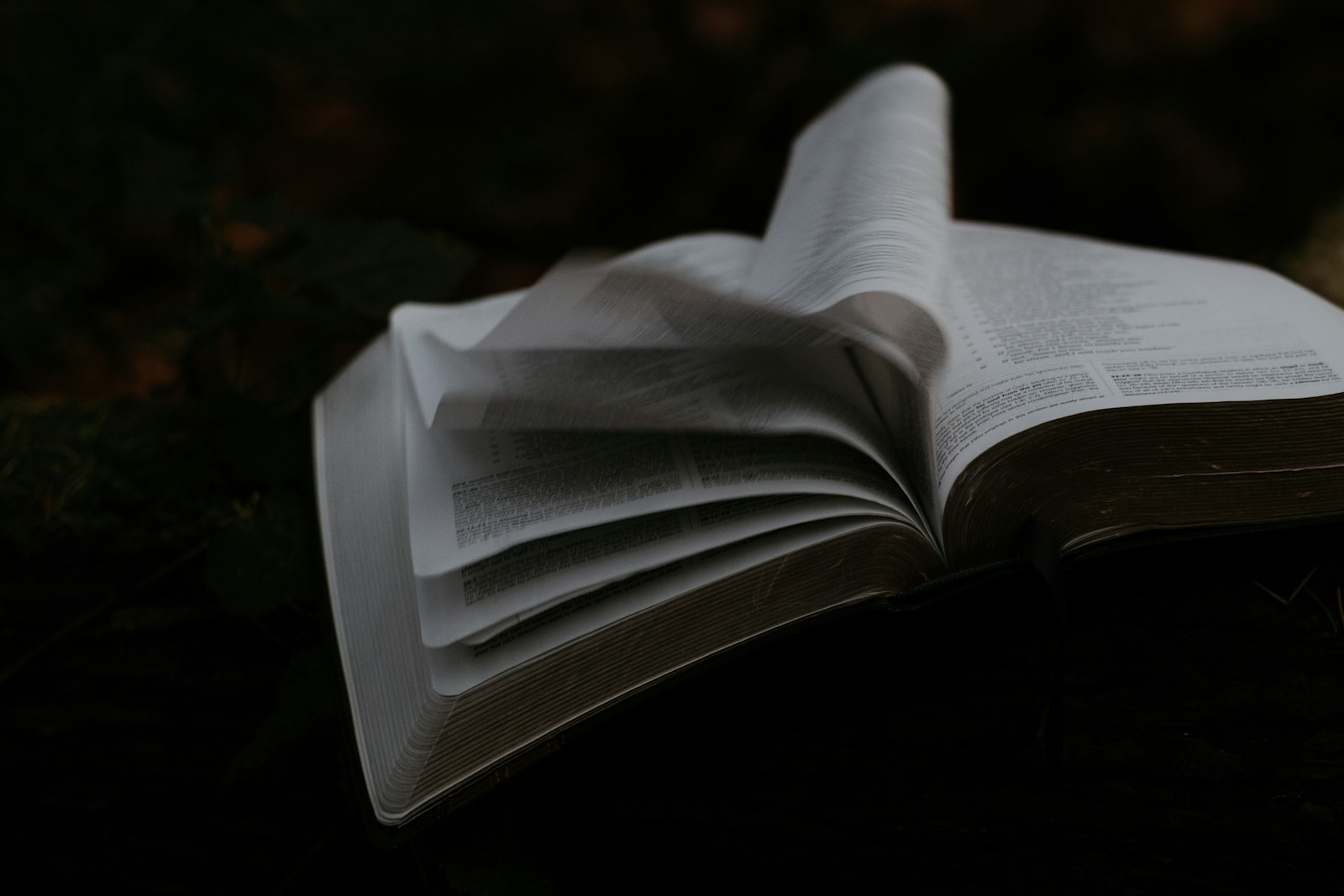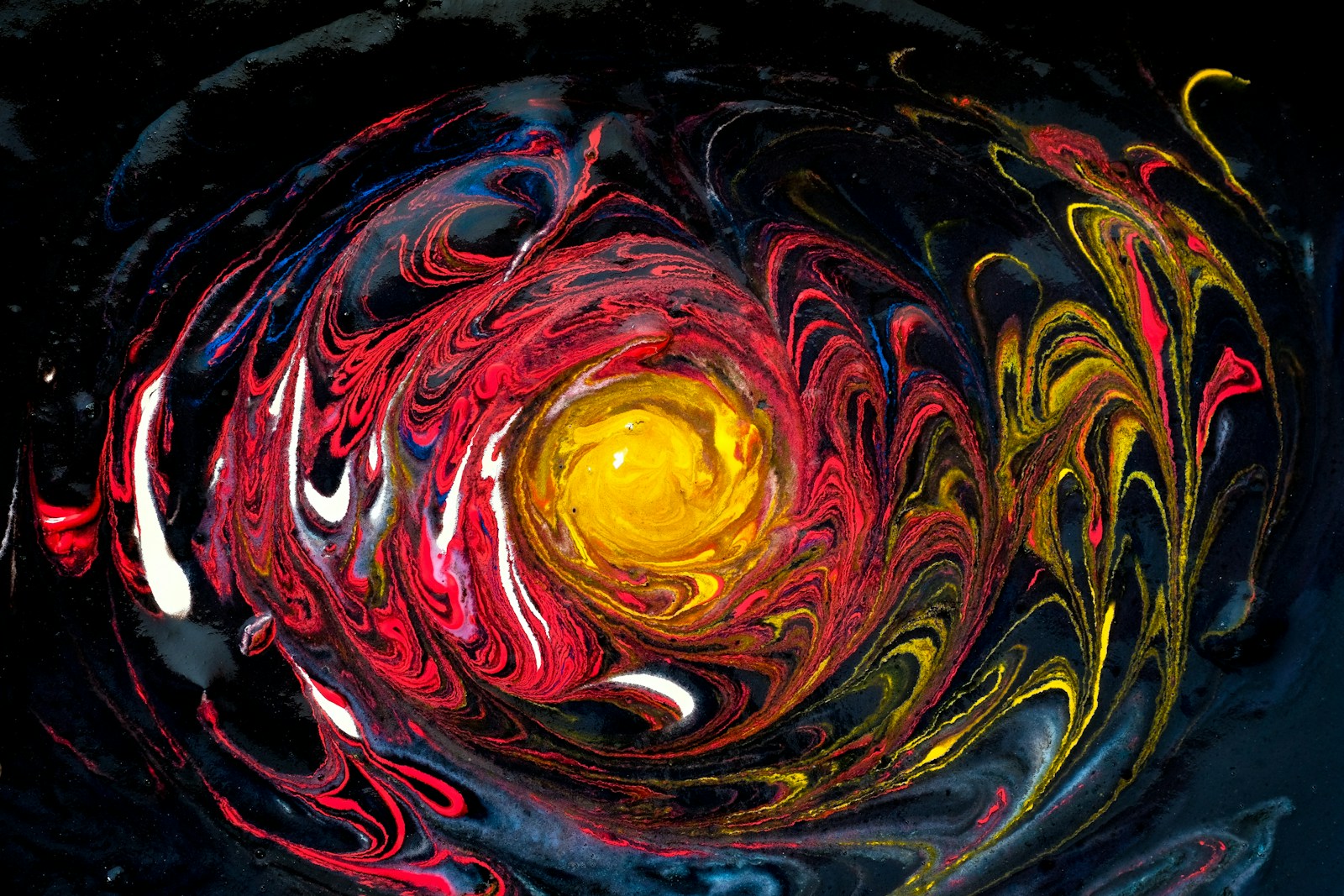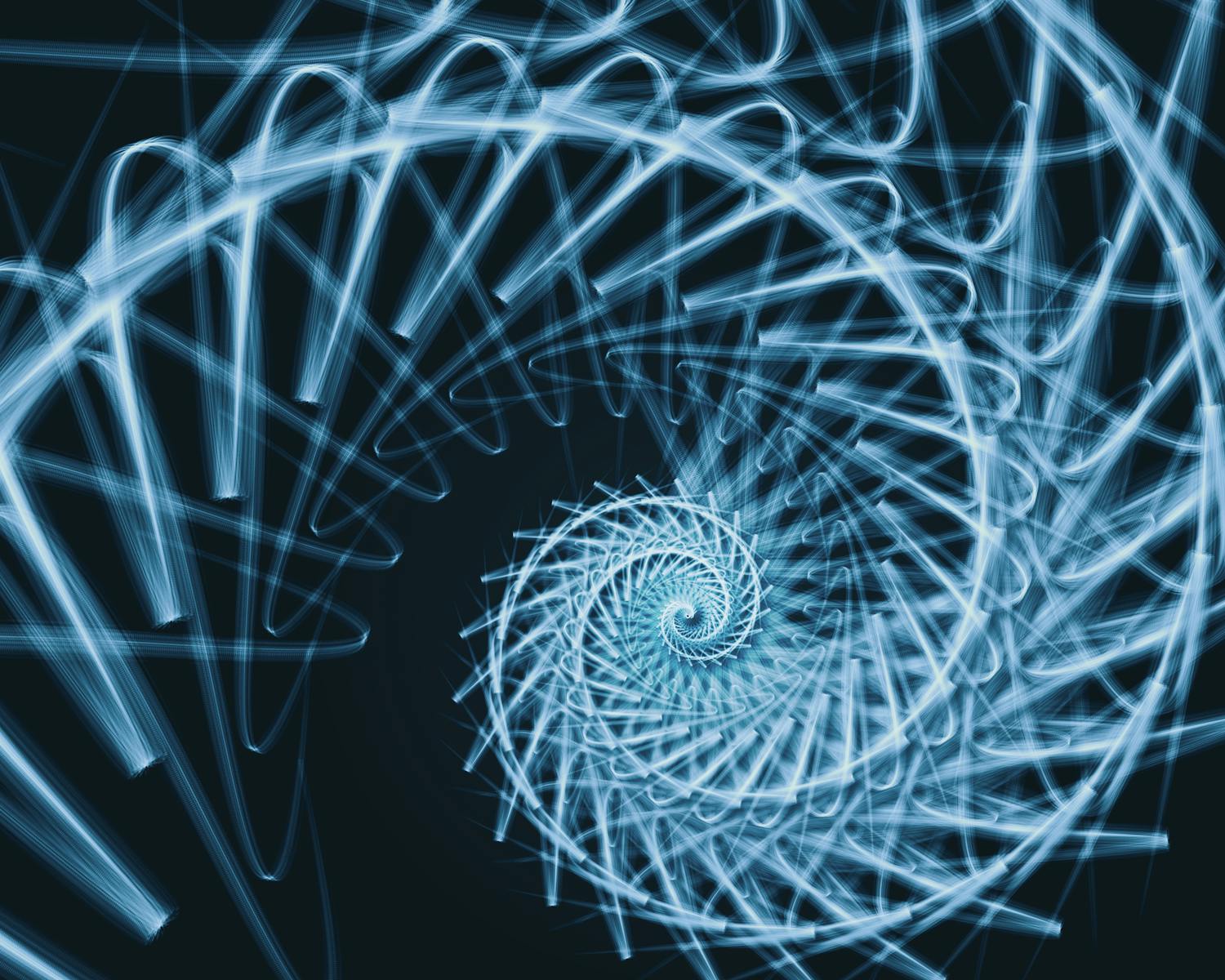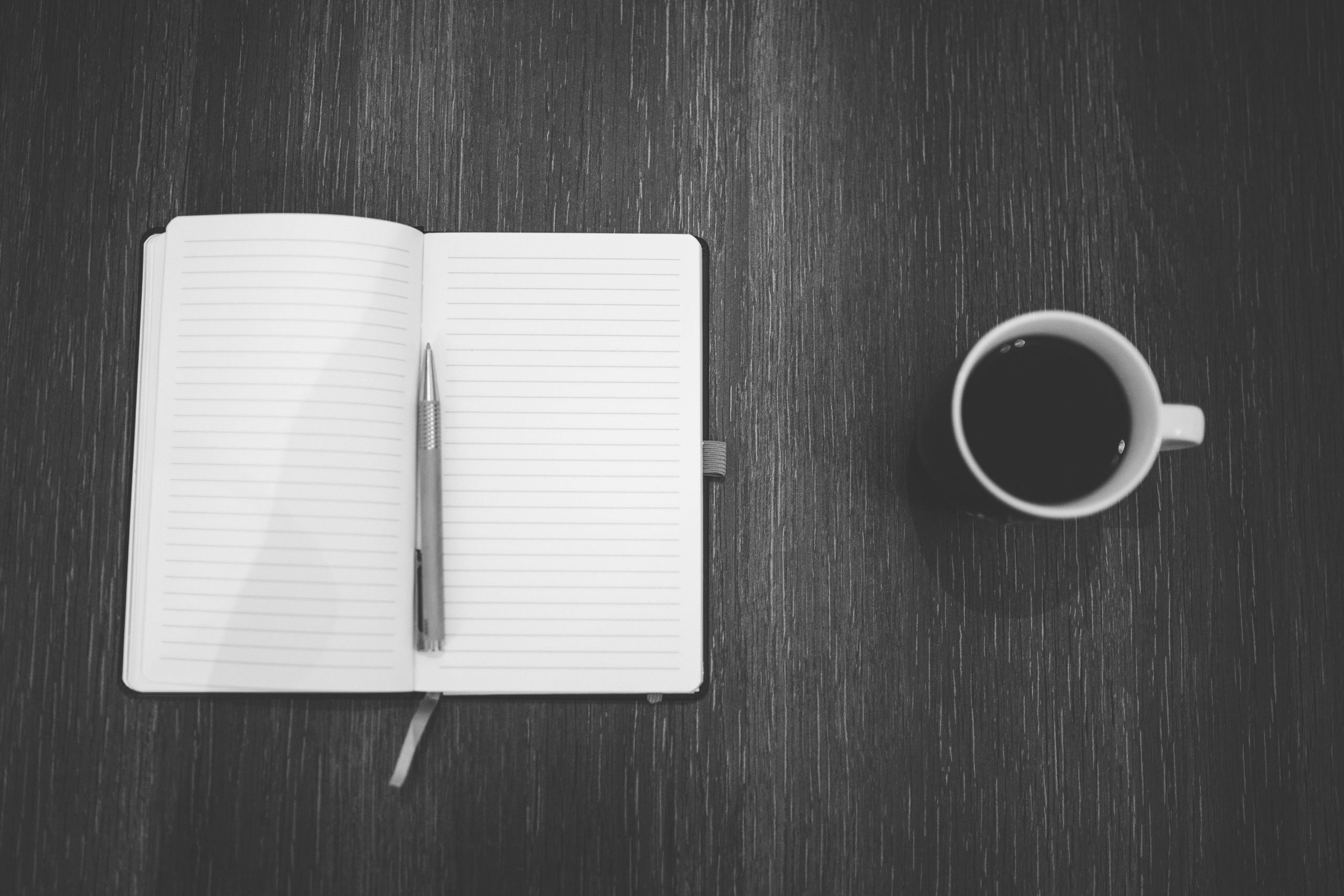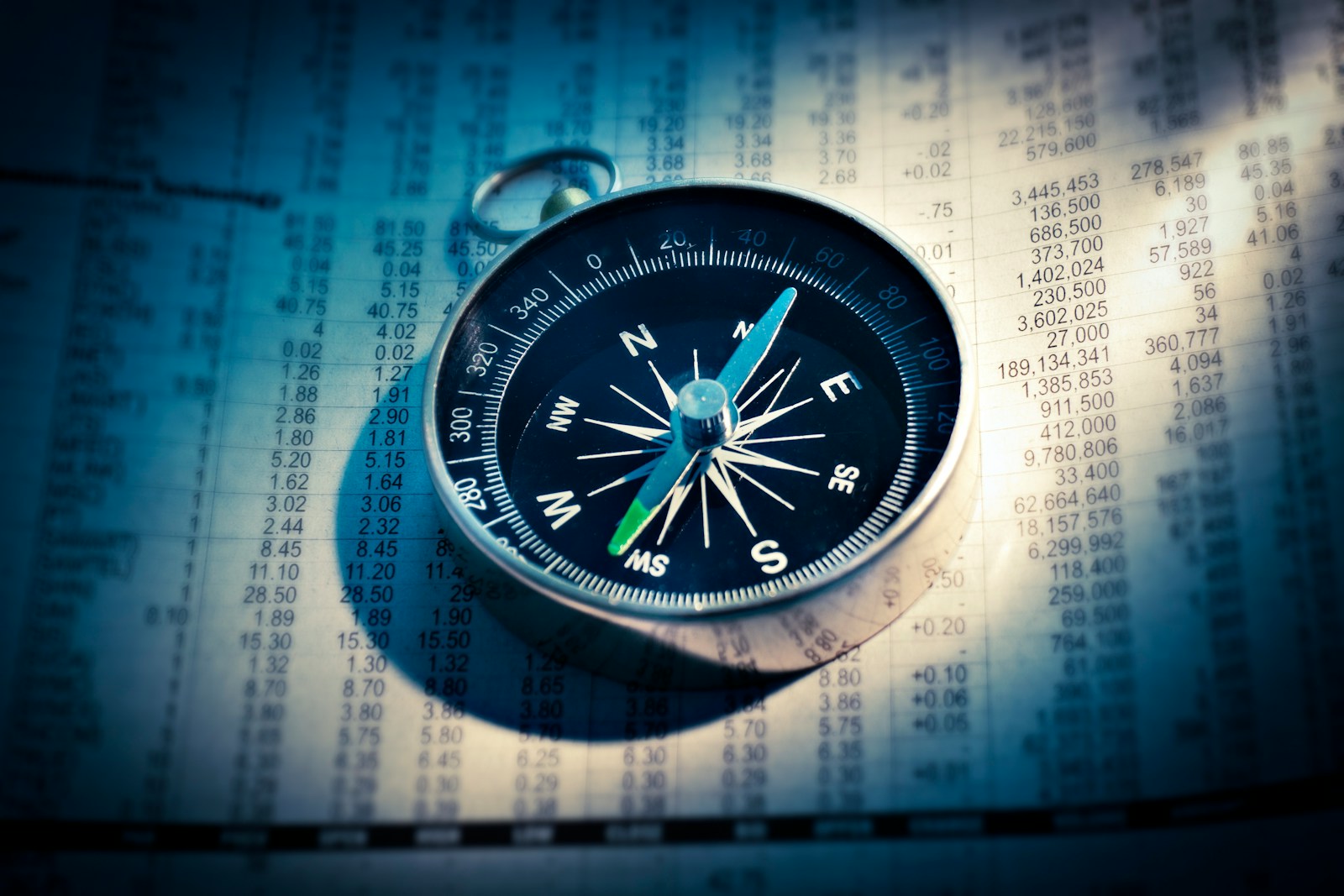Perhaps one of the most rampant problems in the world today is that of information overload. When we spend too much time taking in new information and very little time allowing ourselves to evaluate that information, we basically turn into “human hard drives”. When we don’t make time to reflect and absorb information, we have no ability to adequately process it. This isn’t just a product of spending too much time staring at computer and television screens, it is also a by-product of our non-stop lifestyles. We often convince ourselves that we can’t slow down when slowing down is actually the most useful thing we can do for ourselves.
Information Is Used To Describe Knowledge
The word “knowledge”, though often confused as having the same meaning as the word “information”, has quite a different meaning altogether. Knowledge is used to denote the experiential familiarity that is attained by a new fact or situation. Knowledge is the realization(s) that we come to because of new information, but knowledge is not the information itself. So we have this confusing epidemic that is occurring in modern society where there is a race to intake more information, often without extracting any knowledge from it.
Whereas knowledge is very useful for building wealth and happiness in life, information is only the means by which the knowledge is delivered to us. Without understanding this subtle semantic difference we lose sight of what is actually of value. Placing the information over the knowledge is like buying gas without having a car to put it in. Now I’m not saying that all information is useless by any means, I am simply stating that having balance is very useful. It’s also useful to understand that, in this context, I am not referring to information as simply words or numbers, but as all the data that we take in through all of our senses. For instance, if we are learning to play the piano, we are taking in a multitude of different types of information, such as the feeling of the keys on our fingertips and the subtle ways the muscles in our fingers need to adjust as we play.
Learning Occurs In Passivity
Giving ourselves time to reflect through silence and meditation allows our subconscious mind to begin assimilating the new information we’ve recently gathered so we can actually use the information in new and useful ways. Without giving ourselves this time, we are learning at a rate that is far from ideal. In this way, meditation speeds up our learning, not just in intellectual knowledge but also in our experience of life itself. This is how knowledge and skills become automatic to us, in this context meditation can be seen as the practice that makes you better at all practices.
The more familiar we become with the meditative state the more we can begin to access it at will. This will enable us to drastically speed up our ability to attain knowledge. The optimum way of learning involves a period of active learning (reading, practicing, and so forth) and then inactivate “digestion” of that information. Having the skill of being able to purposely attain a meditative state allows us to very quickly assimilate information into the subconscious which will form unique associations and novel ways of looking at the information, resulting in knowledge.
